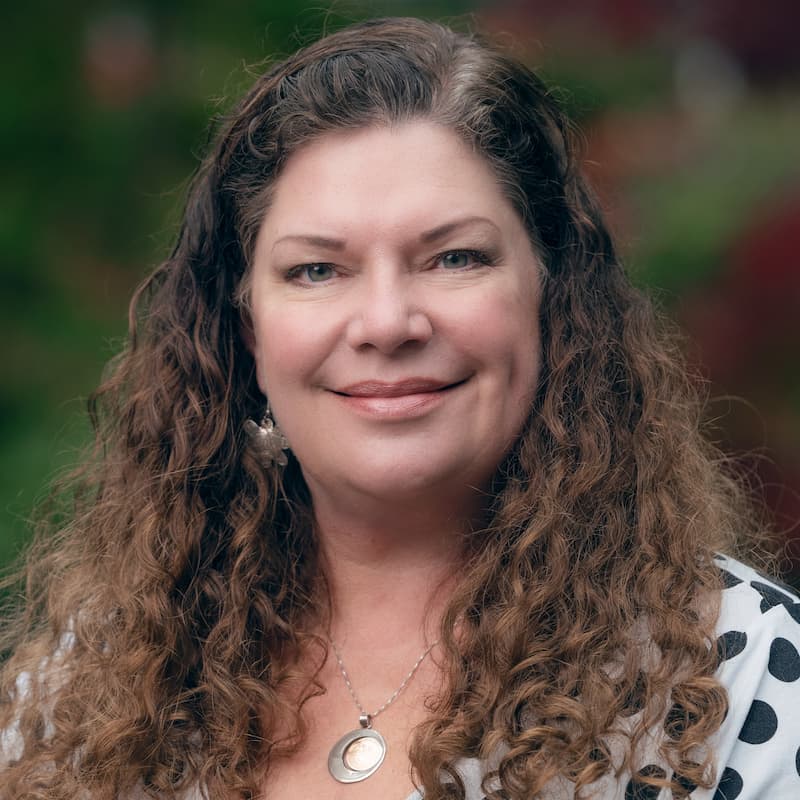Forest Professionals of BC Chief Executive Officer Christine Gelowitz stepped into her current role as CEO of Forest Professionals British Columbia (FPBC), formerly the Association of BC Forest Professionals, with a wealth of forest policy knowledge. She completed a Bachelor of Science in natural resource management, majoring in forestry from the University of Northern BC, and found her career footing managing large, multi-year contracts with Forest Renewal BC. Upon earning a Registered Professional Forester (RPF) designation, Christine worked as a research officer with the Ministry of Sustainable Resource Management and later held several senior leadership positions with the BC Ministry of Forests, Lands and Natural Resource Operations, largely in forest policy and planning.
What drew you to this role with FPBC, which you began in Feb 2016?
The ethos of public service brought me here. It also matched what I was looking for and who I am, combining my work experience, education and passions.

What is your greatest accomplishment in this role to-date?
I am most proud of overseeing the shift in the regulation of professional forestry that occurred due to the passage of the Professional Governance Act in 2018, replacing the Foresters Act that was first established in 1947. We only had 14 months to revamp FPBC to legally operate under the Act, which was a monumental task for us as the forest regulator for the province. We went from 30 pages of requirements to over 100 pages under the new legislation, plus seven regulations and 12 superintendent policies and directives. We also needed to bring our registrants on board with the changes under the Act, which they adopted relatively seamlessly.
What role do Professional Foresters play in the transition to a more sustainable future?
Their knowledge and experience are intertwined with the land where they work and often live. In addition, regulated professionals must conduct themselves following professional standards and a Code of Ethical Conduct. This work often involves consultations with Indigenous Peoples, academics and researchers, and the translation of knowledge to improve forestry practices. In short, Forest Professionals are invested in the areas they serve, including identifying and adapting to changes in the forest and the desires of forest landowners.
What are some of your top priorities for the coming years?
I have three top priorities at the moment. The first is to build communities of practice in professional forestry that include other knowledge experts, such as a community of wildfire experts. Another priority is to support trainees and early career professionals by making the process of registering with FPBC as streamlined as possible, while at the same time ensuring that they are adequately prepared for a career as a Professional Forester. My third and equally important priority is to create a more diverse, inclusive profession through new designations that bring people into the fold. Our new Affiliated Forest Professional designation is tailored to academics and the research community, while new forest technician designations are creating more entry-level pathways into the profession.
What newsletters regularly land in your inbox?
I really enjoy reading the viewpoints of Lenny Joe in his column in the BC First Nations Forestry Council newsletter. Being in a leadership role, I read the Harvard Business Review management tip of the day. As a regulator, SML law firm’s Grey Areas newsletter keeps me up-to-date on professional regulation best practices. I also like the daily summary of forest sector-related headlines found in the Tree Frog News newsletter.
What do you do to unwind?
I look for moments of peacefulness by walking my dog under a forest canopy, paddling around a lake in the early morning or practicing yin yoga. With family and friends, I enjoy doing activities like skiing, golfing, boating on the lake, playing board games around the campfire and cheering on my daughter at her hockey games.
This article was originally published in Branchlines Magazine. Read the magazine here.











